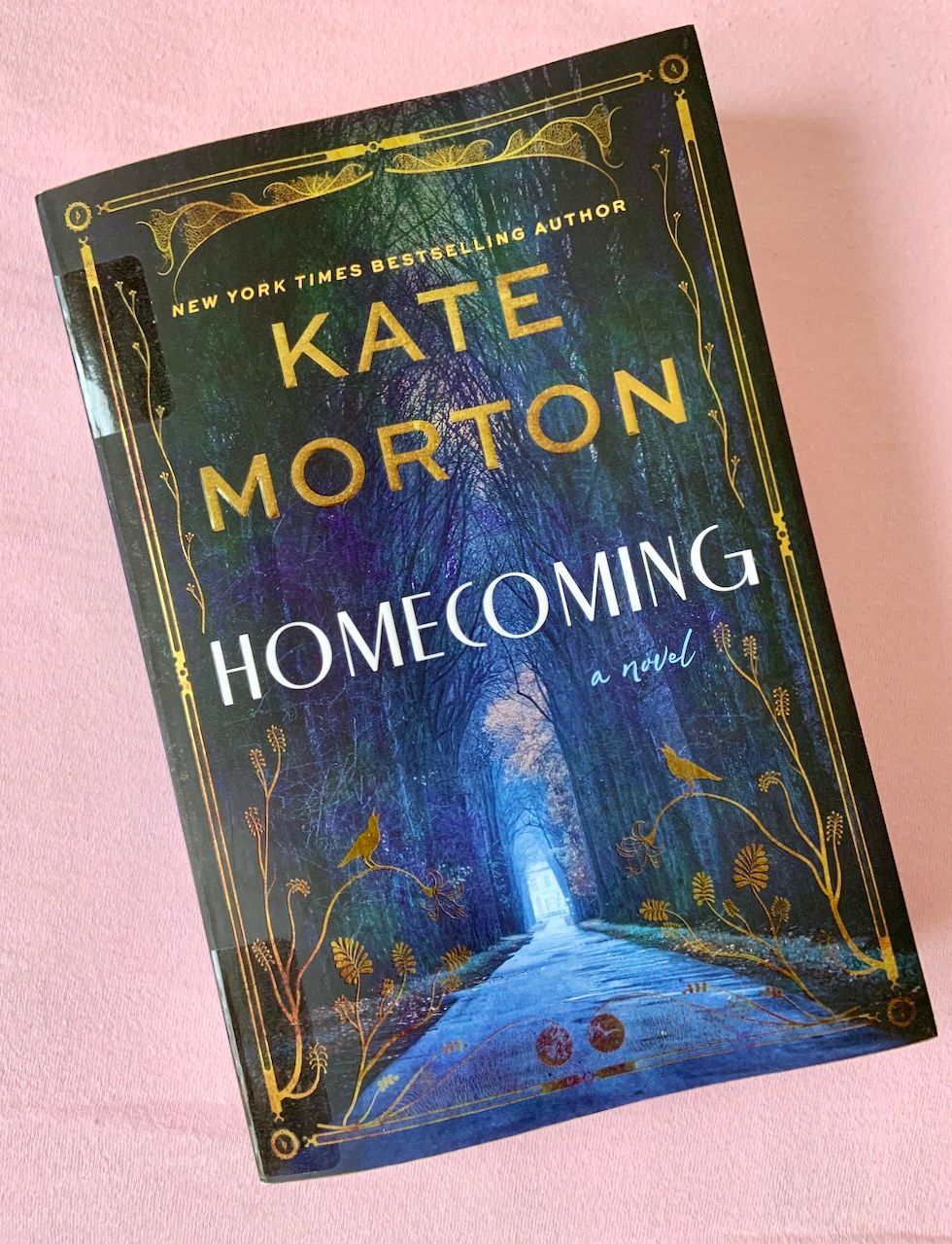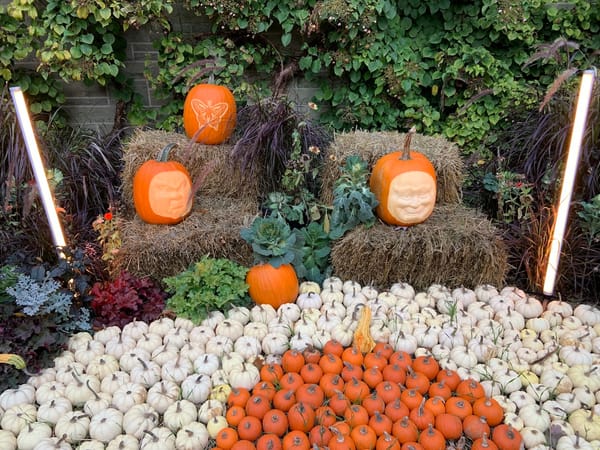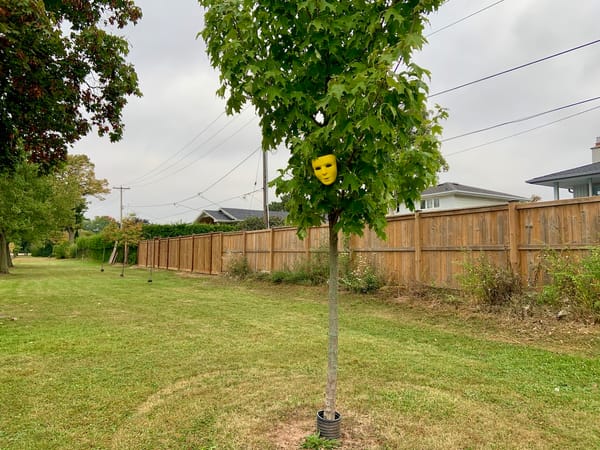(day 20): what does it really mean to have fun?
Deconstructing the myths surrounding fun and passion and all those terms we ascribe to the process of creating something new

One of the constant reminders we keep getting from contemporary prolific writers is to keep the writing fun.
On days when the words flow, this piece of advice feels very common-sensical and obvious. It's a given that writing can be fun and easy and delightful and all those wonderful and pleasurable things artists seek when they set out to create something.
But there are days when it feels like a chore to get to the writing desk, when the brain is all foggy and the story begins to feel like a big obstacle to surmount.
Many seasoned writers, including Dean Wesley Smith, attribute this to Critical Voice.
For a long time, I used to think that whenever writing started to feel like a chore, I'd simply have to attribute that to Critical Voice and plough ahead and then I'd be back in the game. That I'm not pushing through because of some fear, which is absurd because there is nothing to be feared when it comes to stringing words and telling a story.
I sometimes see the rationale in this argument, but because language can sometimes be so limiting, I often felt as if I was missing something. I was failing to understand something essential.
Because, truth be told, even though I've experienced days of flow, I also continue to experience days of sluggishness, slow days, days I'd much rather spend in bed reading a book written by someone else than writing my own stories.
I thought that if I could only see what I was failing to grasp, then writing would become an everyday activity of fun again for me. If only I could find that missing element, I'd be able to jump out of bed, ready to start typing words even before my eyes have fully opened and gotten accustomed to the new day.
And because that wasn't happening for me consistently, I began to think that every time I felt stalled, it was somehow my fault. That I was letting Critical Voice get in the way even though I know better.
Over several years of grappling with this and observing this closely, I've come to the following conclusions.
- Knowing that Critical Voice exists does not stop it from popping up.
At this point, I've spent almost my entire lifetime with this voice in my head, so I can safely assume it will keep showing up, especially when least expected.
- Knowing that Critical Voice exists does not automatically translate into me being able to stop it or overcome it and carry on writing.
Some days the voice is really loud and insistent. Sometimes, I'm able to ignore it and get to the writing desk, and when the words begin to flow, the voice fades away for a long, long time. There are also occasions when the voice is too loud and putting down words feels very difficult, a struggle, in fact.
- Sometimes it's not Critical Voice but an emotion drawing my attention to something else.
I haven't been able to make any progress on the manuscript yesterday and today, and that was because I've had to attend to some publishing-related tasks that I had been putting off for far too long.
I had been meaning to upload a second edition of A Benevolent Goddess, then upload a revised version of Dying Wishes with minor changes to the back matter, then update some back matter links in The Mind Meddler.
I had been sitting on these changes for months now, but these tasks have been weighing heavily on my mind. Besides, publishing my books is just as important as writing them. Sometimes I have to clear the decks like these in order to give my full attention to writing.
It's a one-person operation here, so I'm not doing myself any service if I were to simply keep writing words and continued to ignore all these publishing-related tasks that need my attention.
- It is not my fault. I am doing the best I can.
One of the biggest lessons for me in this era of hyper-productivity is to understand that I am doing the best I can.
It is not my fault if a negative emotion arises and casts me into depression for a few moments.
I can feel my feeling first. Then, instead of catastrophizing or blaming, I can label it, allow myself to feel it, and do what it takes to come back to a calm state of mind – journaling, yoga, meditation, colouring, playing the piano. And then in that calm frame of mind, I can get to the task of writing and enjoying the story unfold.
I'd much rather come to my stories with a positive and restful state of mind than with an angry, restless energy.
There is often a tendency to compare ourselves with other writers or creatives who seem to be able to plough on no matter what happens in their lives.
The most important thing to understand is that we do not always have the complete information as to what's going on in someone's life, what kind of resources or support they have or don't have, and what kind of people they are to be able to respond the way they do.
In short, it doesn't help to compare. For instance, I know of one very successful female entrepreneur who claims to be handling both motherhood and entrepreneurship. Hearing her speak of her juggling act often made me feel quite inadequate with my own attempts at parenting and writing.
It was only years later that I found out that the entrepreneur's mother stayed with her and looked after the children while the daughter was out building out her business.
It's a simple but crucial fact that was omitted to create an impressive illusion of achievement and a stupendous balancing act.
This is why comparing ourselves to others never helps because we never have the full picture, our circumstances are not exactly identical, and we are nothing like the other person, which means we do not respond to situations in identical ways.
All this to say that when we are unable to write or create on any given day and a well-meaning, seasoned artist advises us that it is Critical Voice that's stopping us and that we need to shove it out of the way, it's quite alright for us to pause and take stock of our situation.
More often than not, it could be Critical Voice and we can deal with it, knowing what it is.
Sometimes, we're unable to push through, and that's perfectly OK too.
So to answer the question – what does it really mean to have fun? – I'll have to say that for me, writing is fun for the most part. Sometimes, it isn't. And instead of berating myself for it being that way, I can accept it and try my best on those days when the fun aspect of it doesn't feel spontaneous.
Everything is cyclical. What goes up, comes down. And so it follows that what goes down, must come up too sooner or later!
And today, I've struck the jackpot! I received a notification from the library that a copy of Kate Morton's latest novel, Homecoming, is ready for me to borrow!
Morton's been one the earliest authors whose works influenced my own writing. It was her books that made me fall in love with the format of parallel storylines unfolding in differnet time periods. I've read and loved every book of hers. After I finish Thirst No. 4, which I'm currently reading, although I don't want it to end, I'll jump right into Homecoming!
I feel like a little child who's just been told she can have as much ice-cream as she wants! 🤩





